
By Fiifi NETTEY
It began as an ordinary Wednesday morning. Like I often do, I scrolled absentmindedly through my friends’ WhatsApp status updates and one post stopped me abruptly: “Black Wednesday – some Ministers gone.” My heart skipped. I immediately called my friend who posted the message. His voice was sombre. “Yes, there has been a helicopter crash,” he confirmed. “Some ministers on official duty were on board.” It was around midday, and he promised to call back with more details.

At that moment, I had no idea the day would go down as one of the darkest in recent history. The Ghana Armed Forces Z-9 military helicopter had departed from Accra at about 9:12 a.m., bound for Obuasi. On board were government officials heading to support an anti-illegal mining (galamsey) mission in the Ashanti Region — a fight that has defined much of our national discourse in recent years.
Somewhere over the Adansi–Akrofuom area, communication was lost. Hours later, the wreckage was found — mangled metal surrounded by charred earth, a silent testimony to the tragedy that had unfolded. I called another friend, someone close to the corridors of power. His phone was busy. Before I could try again, the news broke on television. The devastation I felt was immediate. My mind started wrestling with questions: What went wrong? Was it weather? Mechanical failure? Something darker?
And then the speculation took off. True to Ghanaian style, social media, radio, television and everyday conversations became flooded with theories—some propaganda – others wildly unfounded pouring in: “This is sabotage,” one colleague declared. “Enemies want to make the government unpopular. It’s politically motivated,” said Kwame, a friend. Another friend claimed: “This is spiritual. A plot to assassinate the sitting president”.
At this point and without any verifiably evidence, everyone has an opinion. In a conversation with a taxi driver, he lamented the way we treat the dead in recent times, describing it as deeply troubling. He pointed out that it is gradually becoming a norm for social media to announce the passing of people before the family is informed. “How can this happen if we truly respect our culture and traditions?” he asked.
According to him, the current obsession with creating “content” has made people rush to share or post news — even tragic news — without regard for decency or compassion. Joining the conversation, Joojo, ever the realist, simply said: “This could happen to anyone. Imagine leaving home in the morning and never returning; and would your family hear your passing on social media? Life is fleeting indeed,”
As I moved onto Facebook and X (formerly Twitter), my grief turned to shock — then anger. Graphic photos and videos of the burning helicopter, the wreckage and charred bodies were being circulated without restraint. I could not help but ask: Where is our empathy and decency toward the dead? Where is our respect for the dead? In Ghanaian culture, the deceased are treated with honour and reverence. The dead are mourned; the families is shielded from unnecessary pain and supported until we bid them farewell with dignity.
But the current trend is different. Some so-called ‘content creators’ seemed more concerned with clicks, likes and shares than with decency. In a race for attention, we appear to be losing something fundamental — our humanity toward the living and the dead.
As for the media coverage, many are not happy and have expressed their dismay. Some radio and TV stations are discussing the incident as though they were eyewitnesses, with a few going so far as to publish graphic images of the chard and recovered bodies as well as to apportion blame without waiting for the findings of a proper investigative report. Michael Mawugbe, a colleague and media professional, put it plainly: “As journalists, ethics are as sacred as the news itself. Publishing images of the dead is not just disrespectful — it violates their dignity and the privacy of their families”.
Graphic images of human tragedy often reduce a life to a spectacle, feeding curiosity rather than serving the public interest. Respect for privacy doesn’t end with death; it extends to the final rites and the grieving process, he added. A senior colleague condemned fellow journalists for displaying the charred bodies of the victims, questioning the purpose of such display. “Is it the duty of a gatekeeper to dwell on the details of charred bodies? To what end?” he asked.
He stressed that it is not the role of journalists to sensationalise such tragedies, and urged the media to be circumspect, as there is no justification for creating additional pain for the victims’ families.
Some social media users also commented. An unknown user’s message read: “As for Ghanaian journalists, unless we ask. Another unknown user wrote: What is happening? I was shocked to see so-called ‘reputable’ media houses broadcasting images of the victims’ burning bodies — my jaw dropped.”
The National Media Commission (NMC) issued a statement cautioning the media to strictly adhere to Article 7.2 of the NMC Print Media Guidelines on Grief, which states: “In cases involving bereavement, personal grief or shock, the press must show compassion. Publications must be handled sensitively at such times.”
As journalists — recognised as the Fourth Estate of the Realm — we have a responsibility to society and the public and must, therefore, be extremely careful and circumspect in our reportage.
Additionally, The GJA Code of Ethics clearly states in Articles 16: “In cases of personal grief or distress, journalists should exercise tact and diplomacy in seeking information and in publishing.” In this case, journalists rushed to publish sensitive issues that demand caution and circumspection, guided by the ethical values and the cultural as well as traditional norms that shape us as Ghanaians.
Instead, it does appear the time-tested norms are being ignored for a chase for likes and social media content that will boost numbers, often at the expense of grieving families—traumatising them at a time when we should be consoling and standing with them in their loss, especially after an accident that has claimed the lives of their loved ones who may have been the breadwinners of their homes.
These were gallant men who served their nation wholeheartedly—with dignity, honour and unwavering dedication. The heartfelt tributes pouring in are a testament to their service and sacrifice. In this moment of grief, we must act with compassion and sensitivity, mindful that their families are in deep pain, traumatised, shocked and enduring immense emotional suffering.
Now, more than ever, they need our comfort, our support and our assurance that we stand with them in these challenging times.
The eight patriots who perished had set out to serve their motherland, Ghana. They are:
- Edward Omane Boamah – Minister of Defense
- Ibrahim Murtala Muhammed – Minister for Environment, Science, Technology & Innovation
- Alhaji Muniru Mohammed Limuna – Acting Deputy National Security Coordinator
- Samuel Sarpong – NDC Vice-Chairman
- Samuel Aboagye – Former Parliamentary Candidate
- Squadron Leader Peter Bafemi Anala – Pilot
- Flying Officer Manaen Twum Ampadu – Co-pilot
- Sergeant Ernest Addo Mensah – Crew member
They never returned from their mission. Yet, they must be remembered—not for how they died, but for the noble service they rendered to the nation. We owe them more than condolences. We owe them truth, respect and above all, the assurance that their sacrifice will not fade into the archives of forgotten headlines. May their souls rest in perfect peace.
>>>The author is a Media Consultant
The post Black Wednesday: Our gallant heroes deserve honour with dignity and respect appeared first on The Business & Financial Times.
Read Full Story
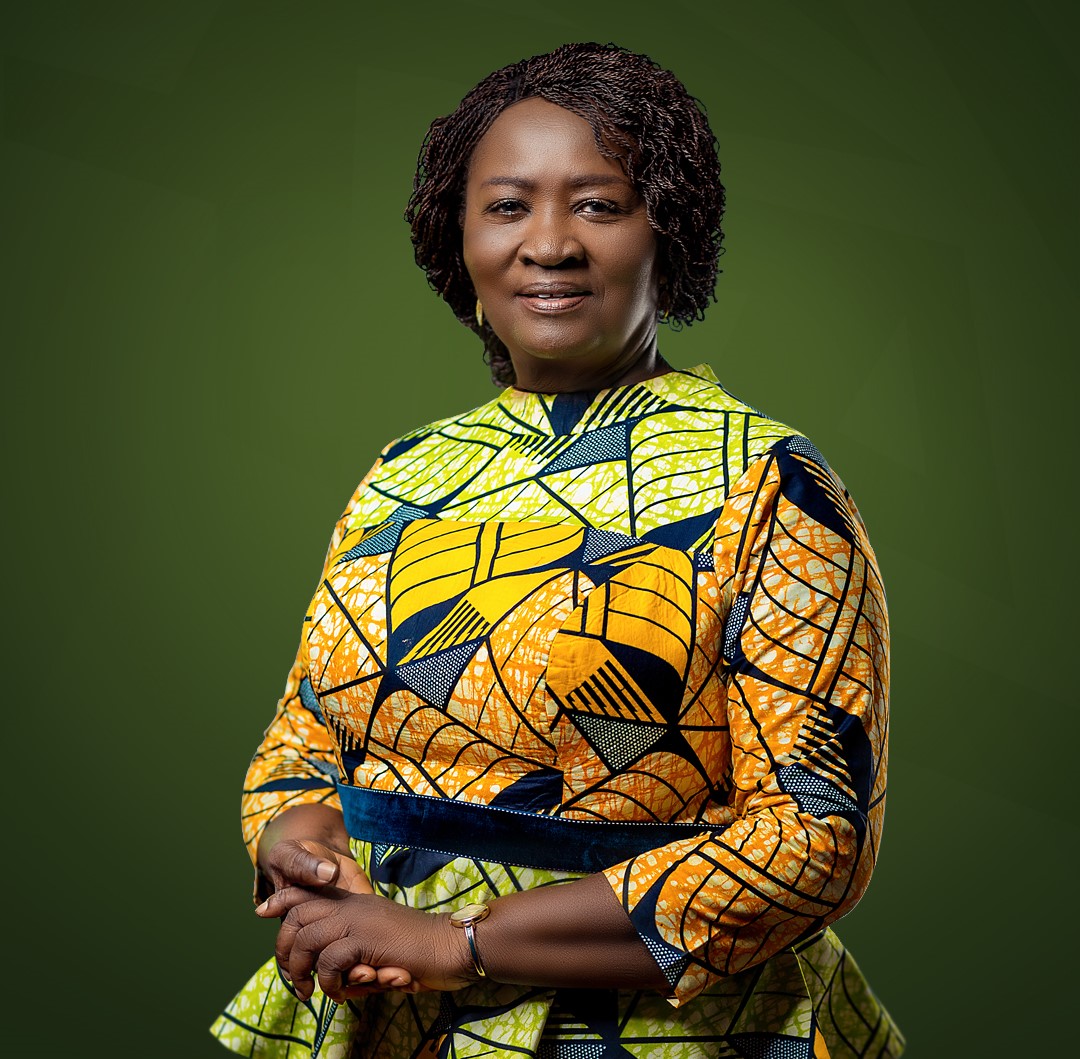

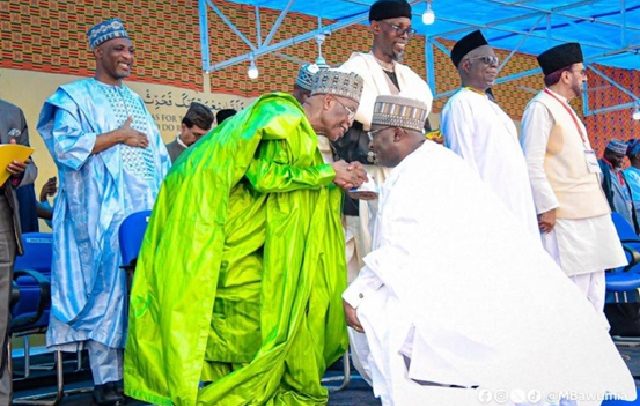
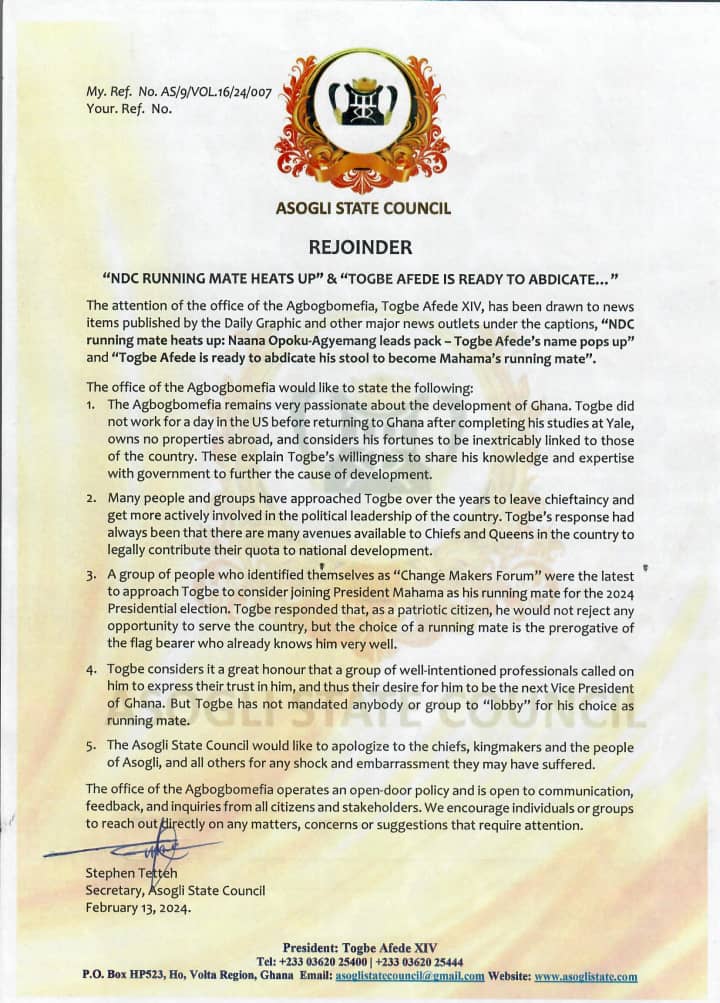

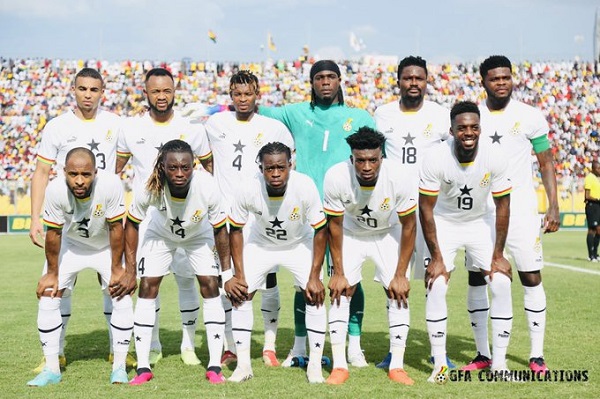

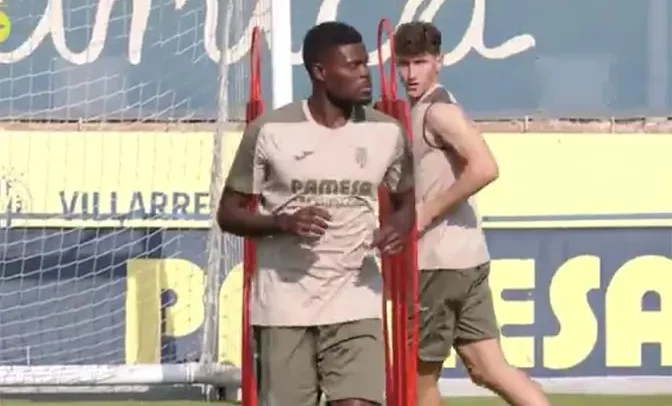
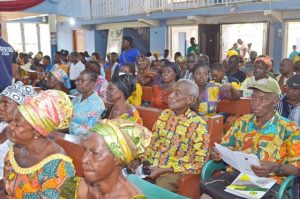

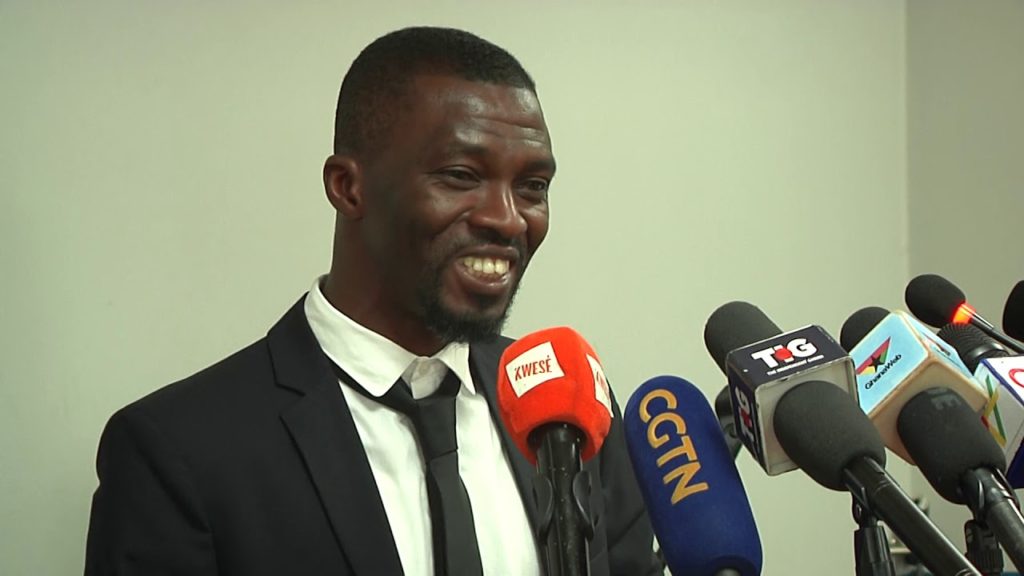





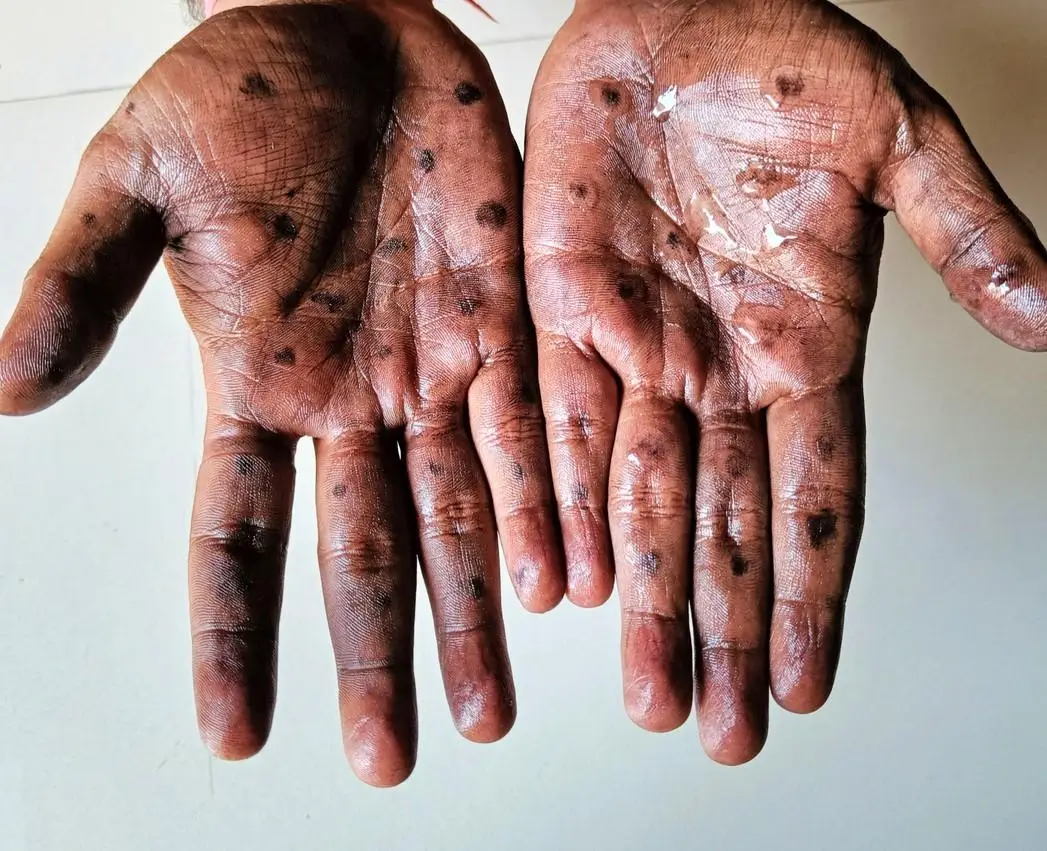



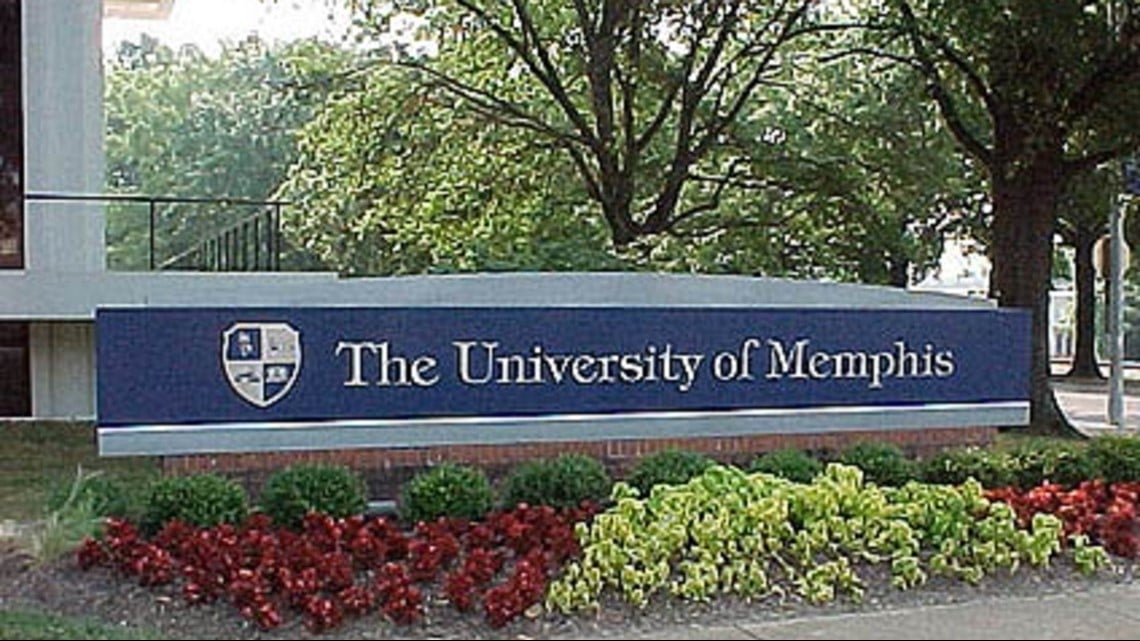
Facebook
Twitter
Pinterest
Instagram
Google+
YouTube
LinkedIn
RSS